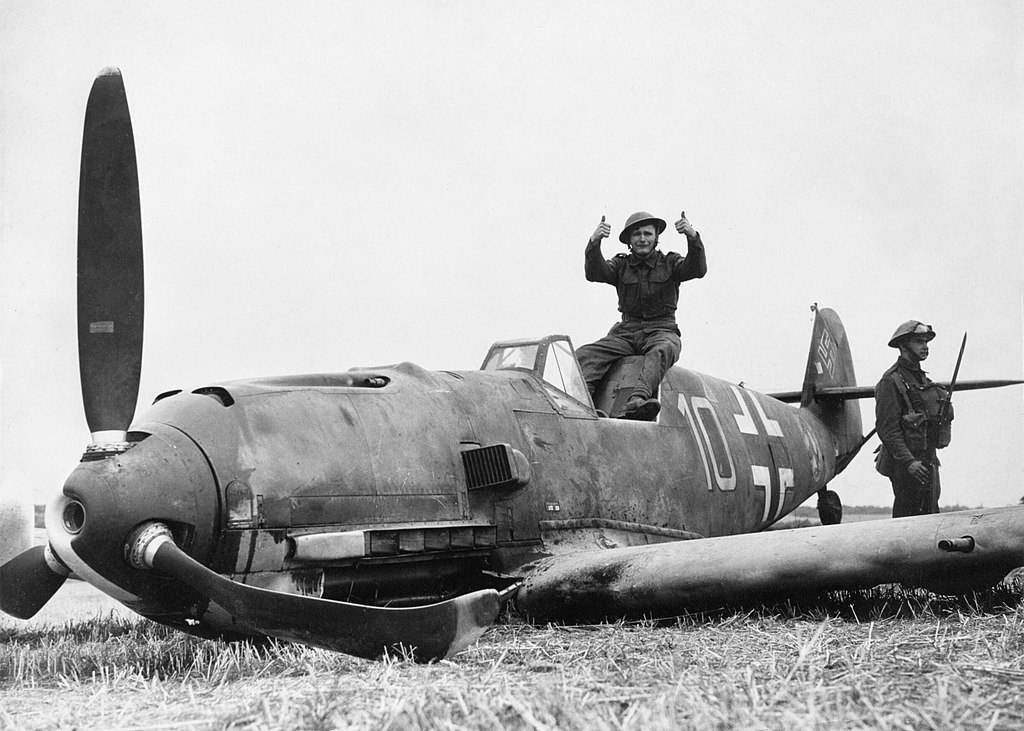The German command’s determination to fight back the air attack on Berlin played a decisive role in the battle. This was because for the first week of September, the British air fighter command was on the verge of collapse.
Having so far concentrated its attacks on RAF airfields and radar stations, the Luftwaffe’s goal of obtaining air superiority to prepare an invasion (according to the original plan of Operation Sea Lion) had been achieved.
However, such superiority could not be maintained indefinitely, without a continuation of the original plan. Thus, in practice, the German command’s determination to “punish” the British, trying to coerce them into a peace agreement through a campaign of air terror, sealed the fate of the battle.
The Germans changed their targets: besides London they started attacking other cities, with similar results: a lot of destruction, but nothing to cool the British spirit of resistance, giving time for the RAF to pull itself together, to the point of causing losses among the German bombers, which made it impracticable to continue the Nazi air offensive. This resulted both in the turnaround of the battle in September and October and for the Nazis, more than in their first tactical military defeat, a strategic political defeat, when in wearing themselves out concentrating on an abstract objective: to destroy the morale of the British people, they deviated from a practical military objective: to obtain aerial superiority in preparation for an invasion. This generated doubts about the effectiveness and objectivity of German power, even among leaders sympathetic to Hitler, such as Franco and Pétain.
Winston Churchill, in a speech in the House of Commons on August 20, 1940, declared the phrase that became famous:
“Never in the field of human conflicts have so many owed so much to so few”.

